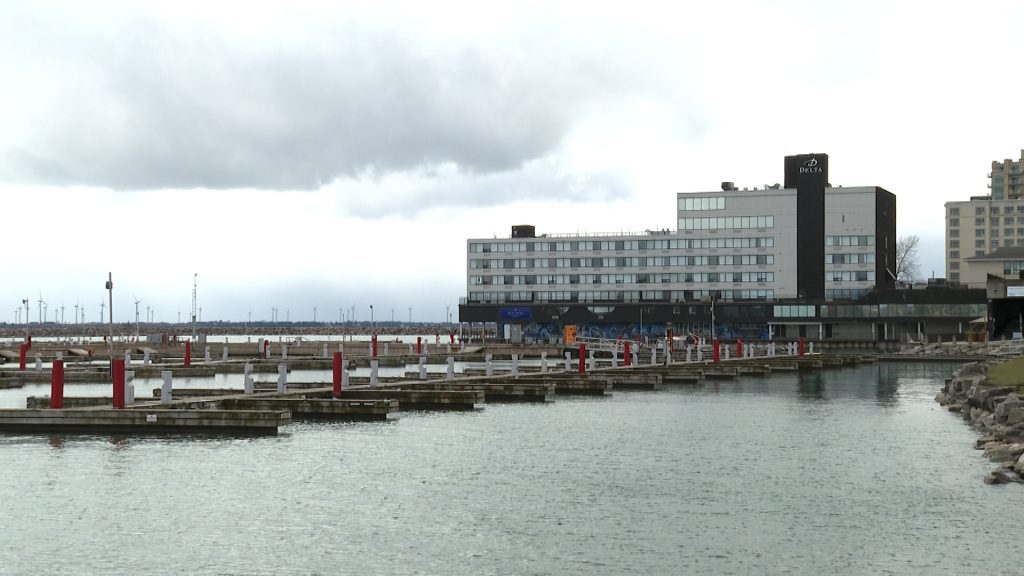The winter in Kingston started with the annual Santa Claus parade last December.
There was a lot of festive cheer and signs of the season, except for the snow.
This winter Winter in Kingston has been unusually mild.
Warren Mabee, director of the Queen’s University Institute for Energy and Environmental Policy, said that the last nine months have been the warmest on record.
The team at Downtown Kingston finds it challenging to plan outdoor events during an uneasy winter.
Marijo Cuerrier, executive director of Downtown Kingston, mentioned that due to the environment and the inconsistency of snow and ice, they cannot do many things they used to do for FebFest.
Not only FebFest but also Kingston’s annual winter festival has been affected.
Cuerrier recalled that in 2022, the BIA had to cancel a number of themed skate nights at the Market Square rink due to mild weather.
She said that they had to change the way they plan winter events due to the changing weather.
Cuerrier added that they need to think outside the box to ensure the events still have a Canadian winter feel.
What has caused Kingston's once frigid winters to become warm?
While It is partly due to climate change. Mabee says it's a combination of factors, including climate change and El Niño.
Mabee explained that climate change and an El Niño year are warming things up. Additionally, warm waters in the Pacific are influencing North and South America’s temperatures.
Another significant factor impacting Kingston's winter is the lack of lake ice coverage.
Kingston's waterfront presence makes its winters unpredictable.
The amount of ice coverage on the lake directly affects the weather in Kingston.
According to the U.S.-based National Oceanic and Atmospheric Administration, Great Lakes ice coverage in 2024 is significantly below historical averages.Mabee believes there is no need to panic despite the historically low ice coverage.
He thinks this year is probably an outlier and not a cause for panic.
Warren Mabee from Queen’s University says there is no need to panic after a very mild winter in Kingston with historically low lake ice coverage.



